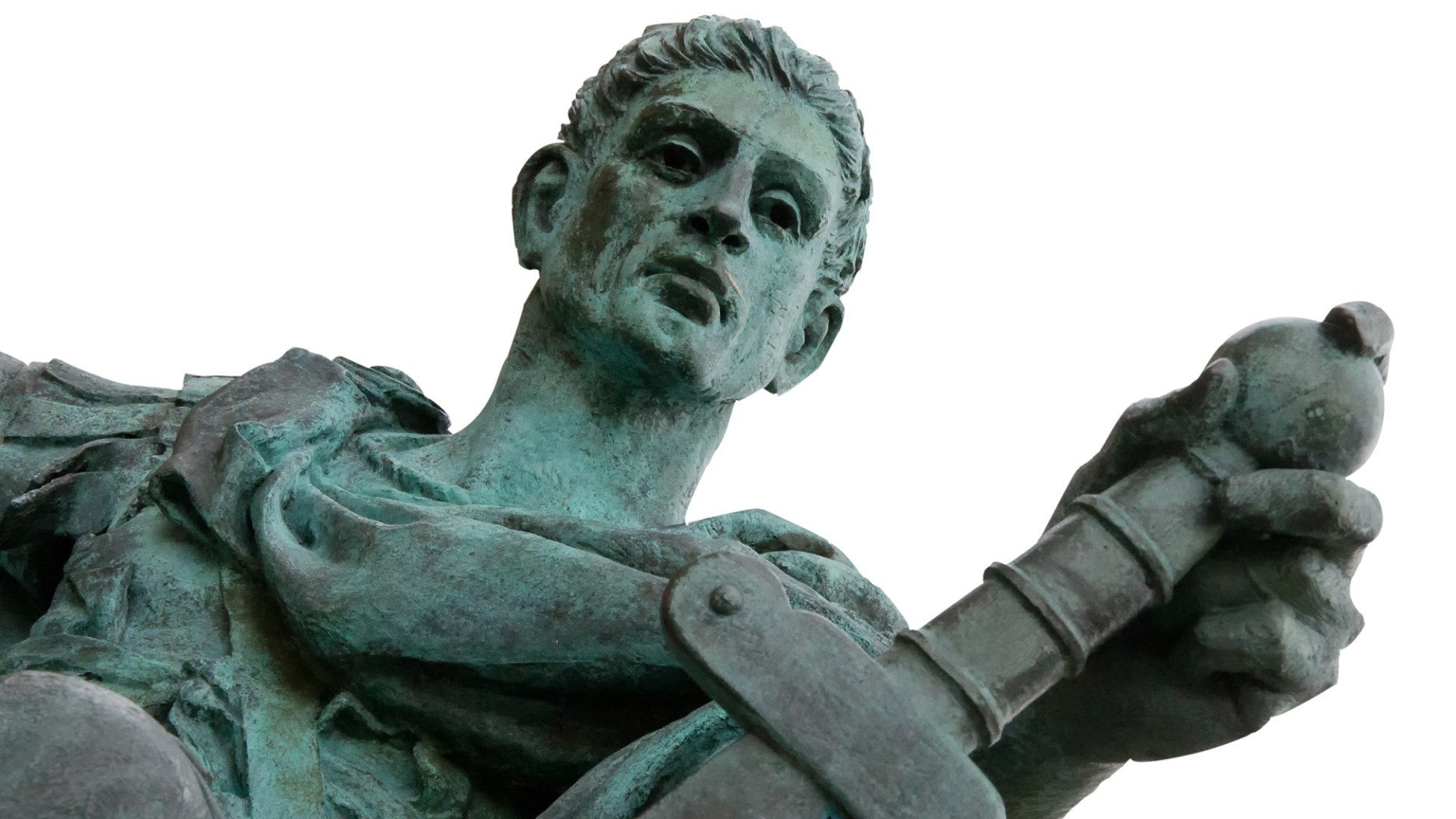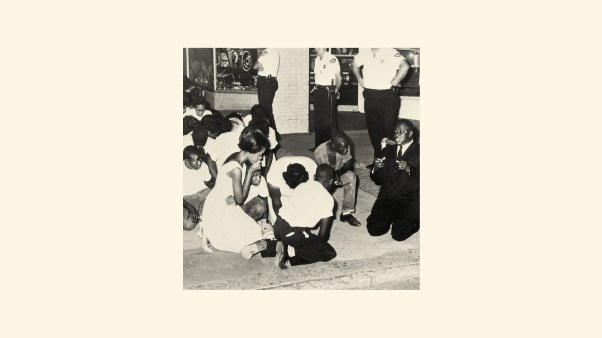Let superstition cease; let the folly of sacrifices be abolished. Whoever, after the publication of this law, continues to sacrifice, shall be punished according to his deserts."
That decree of Emperor Constantius in 341 marked the end of paganism and the beginning of the Christian era. Christianity was no longer a persecuted minority; it began its journey to becoming the official religion of the empire.
New persecutors
The story really begins in 313, when Emperor Constantine gave Christians complete freedom of worship and equality with other religions. Confiscated Christian property was returned, and Christians were again recognized as full citizens of the empire. A series of laws favorable to the church made it plain that Constantine was pro-Christian and anti-pagan.
With this, paganism collapsed. It apparently had been practiced only as a civic duty.
By Constantius's reign (337-61), Christians had become a majority in some areas, and they sometimes persecuted the pagans who had once persecuted them. The government rarely encouraged the behavior, but neither did it try to stop it.
In Alexandria, Egypt, philosopher Demetrius Chytas was convicted of sacrificing to the gods. He argued he was only carrying on a lifelong practice, one begun when such sacrifices were legal, even commanded. Nonetheless, Demetrius was tortured and put under house arrest. In some areas, wearing amulets against diseases and having astrologers cast horoscopes were considered crimes and could result in torture and death.
In his book On the Error of Profane Religions, a famous convert from astrology, Firmicus Maternus, urged rulers to wholly eradicate paganism. "Away with those temple treasures," he wrote. "Let the fire of your mints or the flames of your smelting works roast the gods. Transfer all the gifts to your service and control."
Not all Christians agreed. Some told the emperor he was hurting, not helping, the faith when he used the power of the state to advance the church's cause. Athanasius of Alexandria (who was sent into exile by the government four times) pointed to the example of Jesus, who only asked people to follow him: "How can there be anything like persuasion when the fear of the emperor rules?"
Mandating faith
Although emperors continued to add laws benefiting Christians and penalizing pagans, paganism continued. For example, Constantius did not destroy the pagan temples of Rome. It was not until 380, during Theodosius' reign, that Christianity became mandatory.
"It is our will," he decreed, "that all the peoples we rule shall practice that religion that Peter the Apostle transmitted to the Romans."
By 380 Christians constituted a majority of the empire's population. In fact for the first decade of his 16-year reign, Theodosius did not demand the closing of temples, preferring, like Constantius, to retain them as historical curiosities.
But in 391, public outcry against the temples, especially from the East, was too great. Temples were closed, and every pagan practice Theodosius could imagine was banned.
The "conversion" of the empire was complete.
Copyright © 1998 by the author or Christianity Today/Christian History magazine. Click here for reprint information on Christian History.











